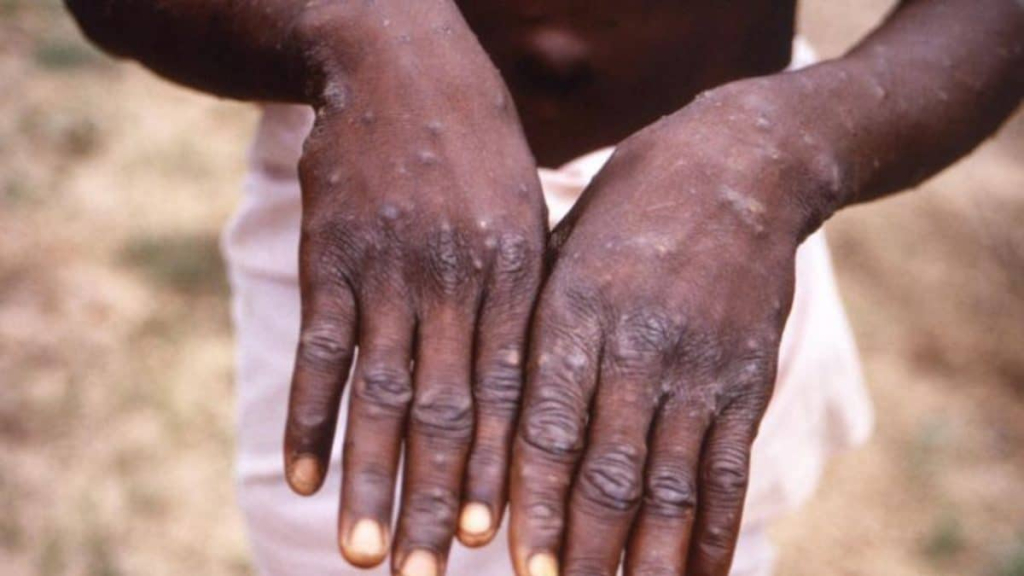Nigerian health authorities have raised alarms over simultaneous outbreaks of multiple infectious diseases, urging swift action to avert a public health crisis. The Nigeria Centre for Disease Control and Prevention (NCDC) confirmed cases of cholera, dengue fever, yellow fever, Mpox, and diphtheria across the country, with risks escalating due to sanitation challenges and climate conditions.
Cholera remains the most widespread, suspected in 34 states as of late June 2025. Zamfara State accounts for nearly a third of cases, while Bayelsa, Lagos, Rivers, Delta, and Adamawa have also reported infections. The waterborne disease, linked to contaminated food and water, underscores vulnerabilities in infrastructure and hygiene practices.
Dengue fever, a mosquito-borne illness, has been laboratory-confirmed in Edo State, with outbreaks occurring in early June. Health officials warn that dengue and yellow fever—both spread by Aedes mosquitoes—thrive in environments with stagnant water and warmer temperatures, factors exacerbated by seasonal rains. Seven yellow fever cases have been verified across six states, including Lagos and Rivers, prompting reminders that vaccination offers critical protection.
Mpox and diphtheria, though less widespread, continue to pose threats. Mpox—characterized by fever, rashes, and swollen lymph nodes—and diphtheria, which causes severe respiratory distress, require vigilant monitoring. The NCDC emphasized that symptoms of dengue and yellow fever, such as high fever and body aches, often resemble malaria, risking misdiagnosis without prompt testing.
Preventive measures include destroying mosquito breeding sites, using insecticide-treated nets, maintaining hygiene, and avoiding self-medication. The agency called for coordinated efforts between communities, healthcare providers, and policymakers to curb transmission.
The simultaneous outbreaks strain Nigeria’s health infrastructure, particularly in regions with limited access to clean water and medical services. While vaccines exist for diseases like yellow fever, uneven coverage and logistical hurdles hinder mass immunization. Climate-driven patterns, including prolonged rainy seasons, further complicate containment efforts.
With diseases crossing state lines and symptoms overlapping, the NCDC stressed that public awareness and early clinical intervention are vital. As infections rise, the situation highlights the intersection of environmental factors, healthcare gaps, and the urgent need for resilient disease surveillance systems.
